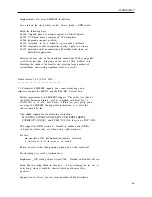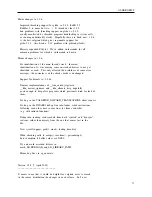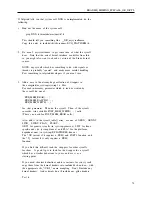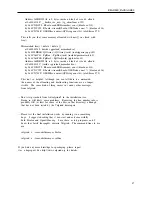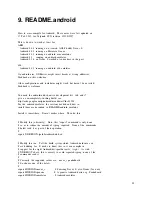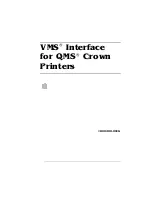
README_MISSING_SYSCALL_OR_IOCTL
/* time_t time(time_t *t); */
PRINT("sys_time ( %p )",ARG1);
PRE_REG_READ1(long, "time", int *, t);
if (ARG1 != 0) {
PRE_MEM_WRITE( "time(t)", ARG1, sizeof(vki_time_t) );
}
}
POST(sys_time)
{
if (ARG1 != 0) {
POST_MEM_WRITE( ARG1, sizeof(vki_time_t) );
}
}
The first thing we do happens before the syscall occurs, in the PRE() function.
The PRE() function typically starts with invoking to the PRINT() macro. This
PRINT() macro implements support for the --trace-syscalls command line option.
Next, the tool is told the return type of the syscall, that the syscall has
one argument, the type of the syscall argument and that the argument is being
read from a register:
PRE_REG_READ1(long, "time", int *, t);
Next, if a non-NULL buffer is passed in as the argument, tell the tool that the
buffer is about to be written to:
if (ARG1 != 0) {
PRE_MEM_WRITE( "time", ARG1, sizeof(vki_time_t) );
}
Finally, the really important bit, after the syscall occurs, in the POST()
function:
if, and only if, the system call was successful, tell the tool that
the memory was written:
if (ARG1 != 0) {
POST_MEM_WRITE( ARG1, sizeof(vki_time_t) );
}
The POST() function won’t be called if the syscall failed, so you
don’t need to worry about checking that in the POST() function.
(Note: this is sometimes a bug; some syscalls do return results when
they "fail" - for example, nanosleep returns the amount of unslept
time if interrupted. TODO: add another per-syscall flag for this
case.)
Note that we use the type ’vki_time_t’.
This is a copy of the kernel
type, with ’vki_’ prefixed.
Our copies of such types are kept in the
appropriate vki*.h file(s).
We don’t include kernel headers or glibc headers
directly.
Writing your own syscall wrappers (see below for ioctl wrappers)
~~~~~~~~~~~~~~~~~~~~~~~~~~~~~~~~~~~~~~~~~~~~~~~~~~~~~~~~~~~~~~~~
77




